Beyond Saving Money: 8 Things I Don’t Buy Anyway

Over the past few years, minimalism has become a guiding principle in my life. It started with a desire to cut back on unnecessary spending, but it's evolved into something much more profound.
I've realized that even with unlimited resources, many things I once craved wouldn't actually bring happiness.
This article explores the shift in my perspective and the counterintuitive aspects of minimalism that extend far beyond just saving money.
Table of contents
1. Bigger House
The allure of a sprawling house is deeply ingrained in our culture. Yet, these behemoths often come with a hidden cost. Maintenance, cleaning, and utilities all balloon with square footage. More importantly, a bigger house doesn't necessarily translate to a better life.
Location and features like a yard can certainly add value, but excessive square footage rarely does.
2. New Car
The depreciation rate of a new car is staggering. You lose a significant chunk of its value the moment you drive it off the lot. Financially, a well-maintained, pre-owned car makes much more sense.
Think of it this way: you can purchase a reliable used car, enjoy it for several years, and then sell it for roughly what you paid.
This sweet spot offers practicality and avoids the financial pitfall of a brand new car.
3. Pets
Pets can be wonderful companions, but they also come with a responsibility factor that can clash with a minimalist lifestyle. There's the ongoing cost of food, vet bills, and pet supplies.
More importantly, there's the time commitment involved in walking, training, and caring for a pet. While some people find these responsibilities rewarding, for others, they can feel like a burden.
It's important to consider your lifestyle and goals before welcoming a furry friend into your minimalist home.
For me, the freedom and flexibility associated with a minimalist lifestyle currently outweigh the joys of pet ownership. However, this is a personal decision, and there's no right or wrong answer.
4. Expensive jewelry
Expensive jewelry often comes with a burden – the constant worry of damage or loss. Peace of mind becomes a luxury in itself. My wife and I specifically chose durable, worry-free wedding bands.
Similarly, forgetting about the potential for lost diamonds allows us to wear our rings comfortably in all situations, a benefit that outweighs any perceived prestige associated with a hefty price tag.
5. Hot Tub
The initial excitement of owning a hot tub can quickly fade. The ongoing costs of chemicals, maintenance, and electricity quickly add up. Furthermore, the novelty often wears off. In my case, the initial daily use dwindled as life got busier.
Ultimately, the effort required to maintain the hot tub outweighed the enjoyment it provided. The cost per use became ridiculously high, highlighting the importance of evaluating the true value of possessions that require significant upkeep.
6. More Stuff, Even if it’s Free
As my income has grown, so has the temptation to accumulate more stuff. However, I've come to realize that material possessions often create clutter, not just physical, but mental as well.
My focus has shifted towards experiences and relationships that enrich my life. A cluttered house translates to a cluttered mind.
Once you have enough to live comfortably and pursue your passions, additional possessions become a burden, not a source of happiness.
7. Expensive Furniture
Expensive furniture often comes with unspoken rules – don't sit on it, don't spill on it. Furniture should be functional and inviting, not a museum exhibit.
The couch I use now, while not top-of-the-line, is comfortable and easy to clean. It's meant to be used and enjoyed, not just admired from a distance.
This extends to other household items as well. New carpets can be stressful with a young child around. A practical approach to home furnishings prioritizes functionality over unnecessary worry.
8. Fine Dining
There's a certain allure to fancy restaurants. However, the experience often comes with a hefty price tag and a lengthy time commitment.
I've found that a casual meal at a place like Chipotle offers a far better value proposition. The focus is on the food itself, not an elaborate dining experience. Time saved translates to more time for activities I truly enjoy.
Minimalism: A Journey, Not a Destination
Minimalism, for me, isn't just about saving money. It's about a conscious effort to surround myself with things that add value to my life and letting go of the rest. It's about prioritizing experiences and relationships over possessions.
This shift in perspective has been transformative. It's a journey, not a destination, and I hope it inspires you to reflect on your own relationship with stuff. Remember, true happiness comes from the life you live, not the things you own.















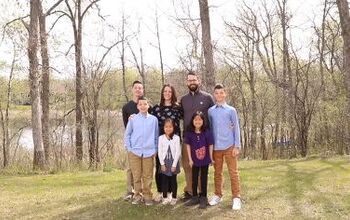
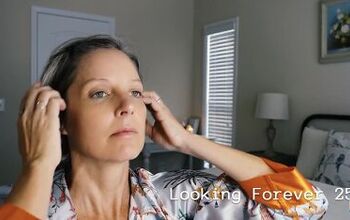
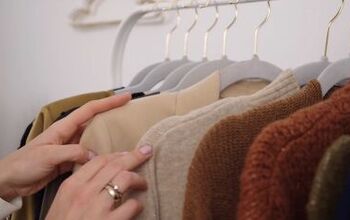
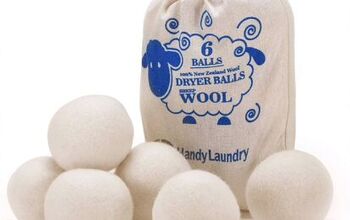
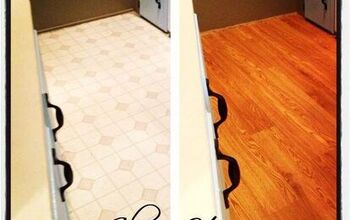
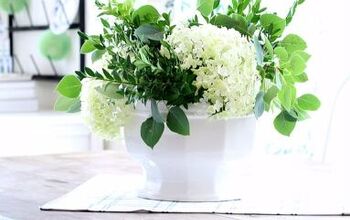
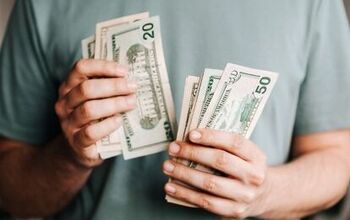
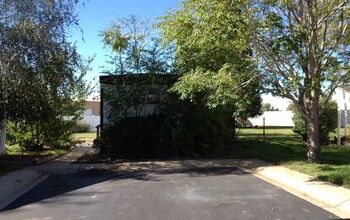



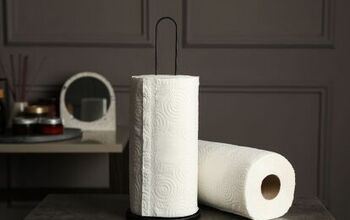
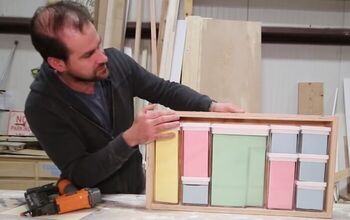

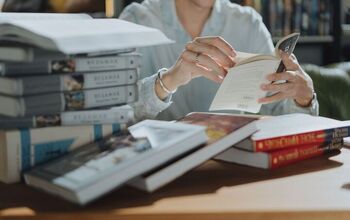
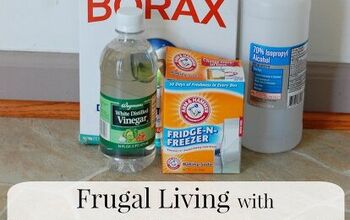
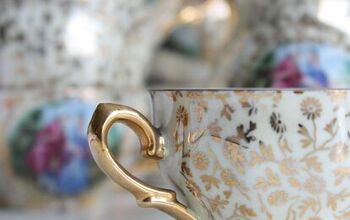
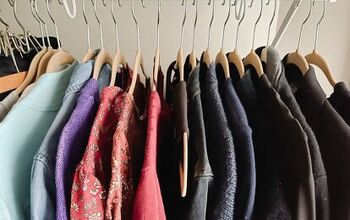
Comments
Join the conversation